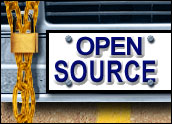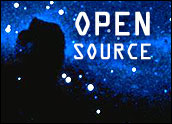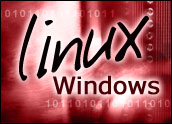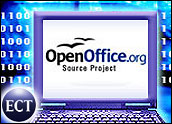
In court documents filed Friday, IBM has asked for dismissal of a second major component of the lawsuit filed against the company by SCO. IBM is arguing that SCO’s breach of contract allegations should be removed from the lawsuit.
IBM has been accused of violating its contract with SCO by improperly using Unix system code that was provided and owned by SCO. In filing for a partial summary judgment, IBM has stated that there has been no evidence presented that proves SCO’s claim, and therefore the contract violation allegations should be dismissed.
SCO spokesperson Blake Stowell told LinuxInsider that the company will not comment on the specifics of each motion and legal decision, but that it is pleased with the way the case is progressing.
“We’re confident about how it’s going,” he said. “We feel like we’re past the halfway point, and we’re looking forward to having our day in court.”
Making Accusations
As with many other machinations in the SCO vs. IBM lawsuit, accusations are numerous with the new motion. In court documents, IBM has noted that in the past SCO distributed public versions of the IBM code that is in question.
The company also has stated that the original contract, which was with AT&T, does not bar IBM from using source code written by IBM, and does not specifically mention the lawsuit’s main source of contention, Unix System V code.
The motion also includes the information that Novell, which bought Unix from AT&T and later sold the rights, has retained the right to waive breaches of the agreement, and is exercising that right. IBM’s argument is that Novell’s actions should be considered by the court, and partially used as a basis of claims dismissal.
Judgment Daze
The current motion is in addition to the request for a summary judgment IBM has been seeking since early July. If the initial request is granted, it could bring the case to a close without trial. Although summary judgment arguments were originally scheduled for early August, the process was recently moved to September.
Summary judgments are very difficult to obtain, said Jeff Norman, intellectual property partner in Chicago firm Kirkland & Ellis, in an interview with LinuxInsider.
With IBM’s recent motion, it is clear that the company is trying to get leverage for dismissal through allegations about disclosure of information.
Norman noted that it sets up a situation in which SCO might be forced to show its hand. “SCO has said that disclosing certain pieces of evidence would weaken its case, and IBM has seized on that,” he said.
At its recent conference, SCO denied that it has held anything back. In an interview with LinuxInsider, CEO Darl McBride noted that the company has given IBM all the information it needed, as presented in “boxes and boxes of code.”
In its recent motion, IBM includes an analysis performed by MIT computer scientist Randall Davis, who concluded that the code presented by SCO does not contain any portion of Unix System V source code, and is not substantially similar to that code.
Wait and See
Although the summary judgments currently under review could bring the case to a quick end, Norman said that it is not likely that observers will see a final gavel drop on the case soon.
“This could take years,” he said. “During that time, we’ll see many, many motions, and obviously in light of current events, we’ll see motions for summary judgments.”
Despite the drawn-out process, however, there is progress in the case, and others that SCO has undertaken. Recenly, a judge dismissed most of a case brought against DaimlerChrysler, and another case involving AutoZone was put on hold until the IBM case is settled.
Norman noted that there are many components to each case, and the complexity will make it a long process. But, he added, it will certainly continue to be lively. “The judge is moving this along about as quickly as it can go,” he said. “But there’s still a lot to come.”




















































